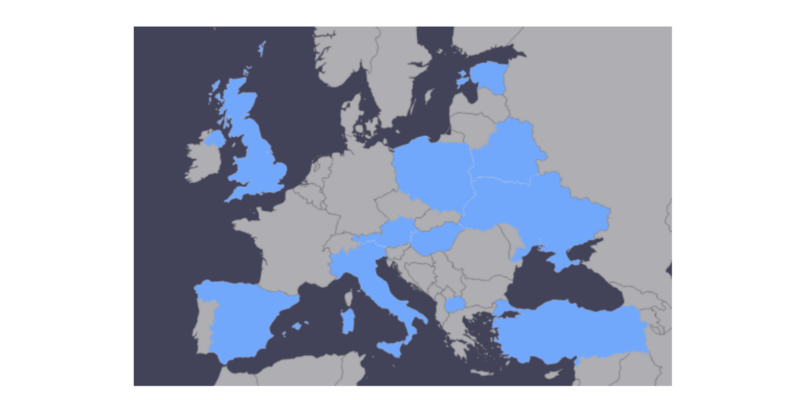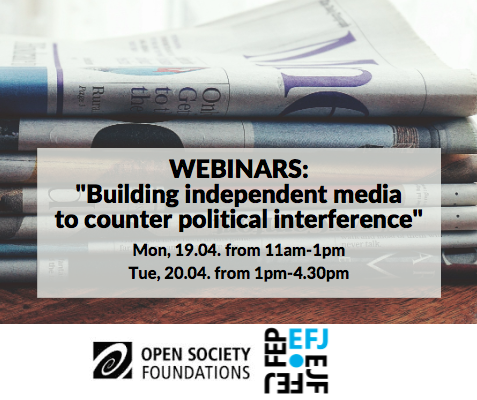The presence of far-right parties in European politics has become more prominent, creating favorable conditions for Euroscepticism, xenophobia, and intolerance. According to a report published by the Index on Censorship with the support of the EFJ, it shows that journalists and media outlets are targeted in a kaleidoscopic array by political leaders, businesses and the general public.
The report identified a trend in increasing political interference in the media. The first is direct interference in the operations of media outlets, either by politicians requesting editors or others involved in the production of news to alter or halt a story, or by replacing journalists critical of a particular political party or policy with ones more favourable to those in power.
Political interference has come from across the spectrum – from Podemos in Spain to the Front National in France, from Fidesz in Hungary to Labour and the Scottish National Party in the United Kingdom. The methods can take many forms, sometimes subtle (behind-the-scenes phone calls to an editor), sometimes overt (preventing a journalist affiliated with particular outlets from attending a press conference) – but the goal of controlling information flow remains the same.
The second form of interference is potentially more insidious: attempts to discredit media outlets by smearing journalists, news outlets, and in some cases an entire industry in order to sow doubt about the veracity of their reporting. This is having a damaging effect, particularly on the safety of journalists, who increasingly are seen as “fair game” by the broader public and subjected to both verbal and physical threats.
The third form of interference is through national security and counter-terrorism legislation. Well-intentioned legislation that aims to protect the citizens and institutions of a country is, in the best-case scenario, often blind to journalism in the public interest. In the worst-case scenario, such laws are used deliberately to prevent the dissemination of information that is in the public interest. In 39 cases, reporters have been targeted for prosecution for publishing embarrassing leaked information that governments have asserted was not meant for public discussion. This is an acute issue that often involves the judicial and extrajudicial surveillance of journalists in an effort to ferret out the identities of whistleblowers.
The consequences of political interference in the media are grave. It leads to polarisation of our societies as we have witnessed during the media coverage of the migrant crisis and the wide spread of misinformation or the so-called fake news. Our civic space is increasingly narrowed by political manipulation.
Are media and journalists being instrumentalised and manipulated by politicians? How can we ensure media independence and regain trust in the media? Journalists, media organisations and their representatives need to do more and increase their capacity in strengthening independent media.
The direct beneficiaries will be journalists and media in Austria, Belarus, Estonia, Italy, Hungary, North Macedonia, Spain, Turkey, Ukraine, United Kingdom. The action will also benefit the wider journalism community in Europe represented by the EFJ (over 320,000 journalists in 72 countries). Indirectly, the action will benefit the wider society as the citizens will be more informed by independent media and it will improve the civic space.
The main objectives of the project are to promote civil liberty, media freedom and independence in Europe, with a specific focus on different countries in Eastern Europe (Austria, Belarus, Estonia, Macedonia,Turkey Ukraine), South of Europe (Italy, Spain) and North (United Kingdom); and reduce the politicalisation of media. It leads to specific objectives such as exchange of good practices in campaigning to counter political interference in the media, raise awareness of the danger of political interference and the impact of (self) censorship. It aims also to improve quality and ethcis in journalism especially on the reporting of far-rights politics/populim, raise awareness of the negative impact of political interference in media and campaign for media independence through lobbying for favourable media policies.
- European workshop on campaigning for media independence to counter political interference
- Awareness raising campaign/advocacy
- Recommendations and best practices examples in campaigning for media freedom









